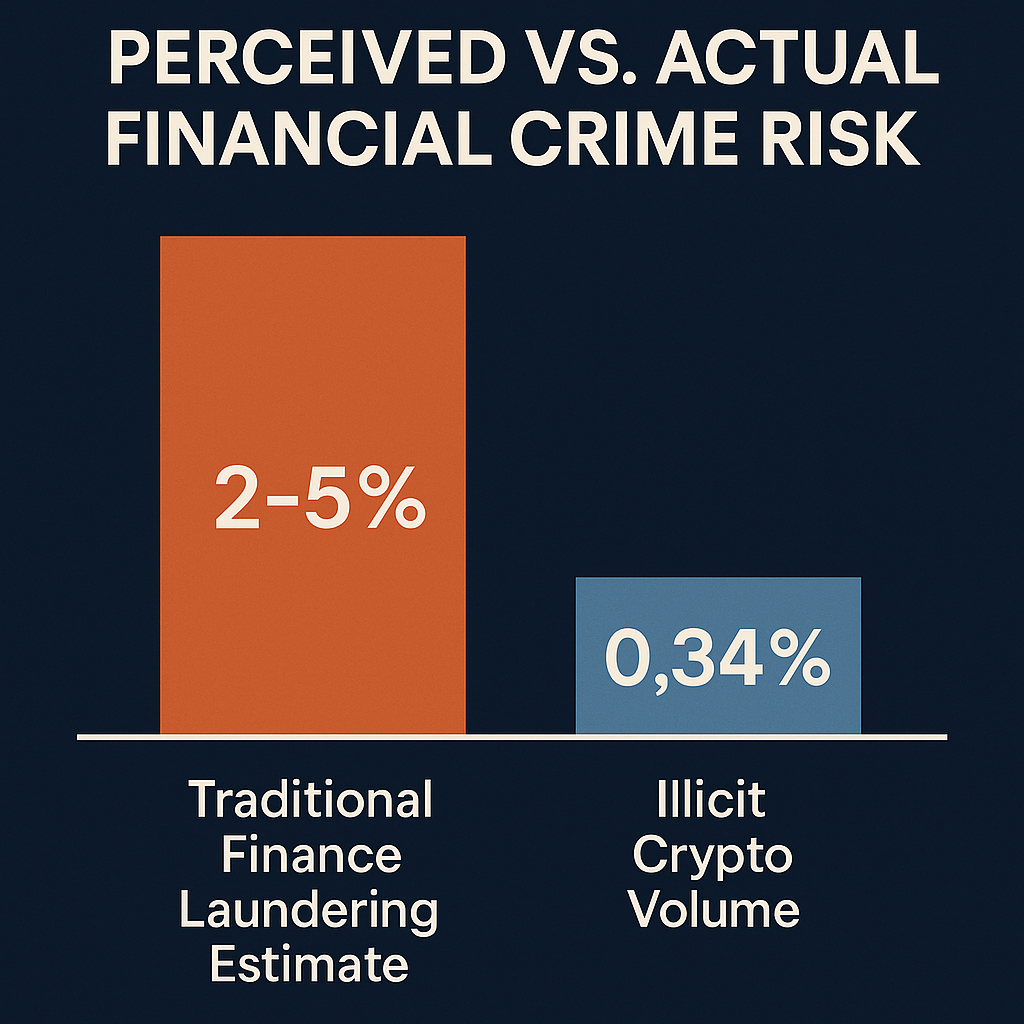Many Canadian credit unions are intrigued by the growth of fintechs and money services businesses (MSBs), yet hesitate to engage them as members. The hesitation rarely stems from a lack of capacity. Rather, it comes from a perception of risk reinforced by cautious regulatory tone and legacy assumptions.
But that perception can be outdated. With transparent compliance programs and clear frameworks under the Proceeds of Crime (Money Laundering) and Terrorist Financing Act (PCMLTFA), credit unions can safely bank MSBs, support innovation, and still satisfy their regulators.
The Opportunity Credit Unions Are Missing
MSBs, including payment processors, remittance platforms, and registered crypto dealers, are vital to Canada’s financial ecosystem.
They move billions in legitimate consumer and business transactions every year. These firms need stable, compliant banking partners, and credit unions are perfectly placed to provide that stability by being locally governed, customer-focused, and trusted by regulators and communities alike.
Yet most credit unions tend to decline these relationships, creating a vacuum quickly filled by payment service providers (PSPs) and niche financial intermediaries.
By sitting out, credit unions forfeit a profitable and strategic segment that aligns with their cooperative mandate: supporting innovation that benefits communities.
Perception vs. Regulation: What the Rules Actually Say
Despite popular belief, no Canadian regulator forbids credit unions from onboarding MSBs or crypto clients.
However, provincial guidance has created a climate of over-caution.
In Ontario, the Financial Services Regulatory Authority (FSRA) has labeled MSB accounts “extremely high risk” and advised that credit unions should not accept them unless those clients are professionally managed, fully compliant with FINTRAC, and subject to rigorous audits.
The bulletin requires board-level approval and extensive ongoing monitoring, effectively discouraging most institutions from even attempting it.
In British Columbia, the BC Financial Services Authority (BCFSA) has not issued a direct prohibition, but its messaging and supervisory tone remain cautious. Following the Cullen Commission on money laundering, BCFSA assumed oversight of provincial MSBs, emphasizing monitoring and risk mitigation rather than encouraging financial inclusion.
Industry observers confirm that while a few credit unions quietly maintain MSB relationships, most have adopted a “wait and see” stance until the new oversight framework matures.
In Alberta, there is no public guidance restricting MSBs, yet the same conservative approach prevails. Credit unions there take their cue from peers across the country; viewing MSBs, particularly crypto exchanges, as high-maintenance clients that could draw unwanted scrutiny.
The result is a national posture of quiet avoidance.
Even without formal bans, most credit unions interpret supervisory caution as a warning not to proceed.
Risk Reality: The Numbers Tell a Different Story
Data shows the perception of MSB risk is overstated.
According to Chainalysis, only 0.34% of global crypto activity in 2023 was associated with illicit transactions; down from previous years and remarkably low compared to traditional financial crime volumes.
By contrast, the United Nations Office on Drugs and Crime estimates that 2–5% of global GDP—roughly US$800 billion to $2 trillion—is laundered annually through traditional finance channels.
That makes the ratio of illicit traditional finance activity to crypto roughly 50:1 in scale.
While crypto and MSB clients carry specific AML exposure, the data doesn’t justify blanket avoidance. The risk is real but manageable, not existential.






